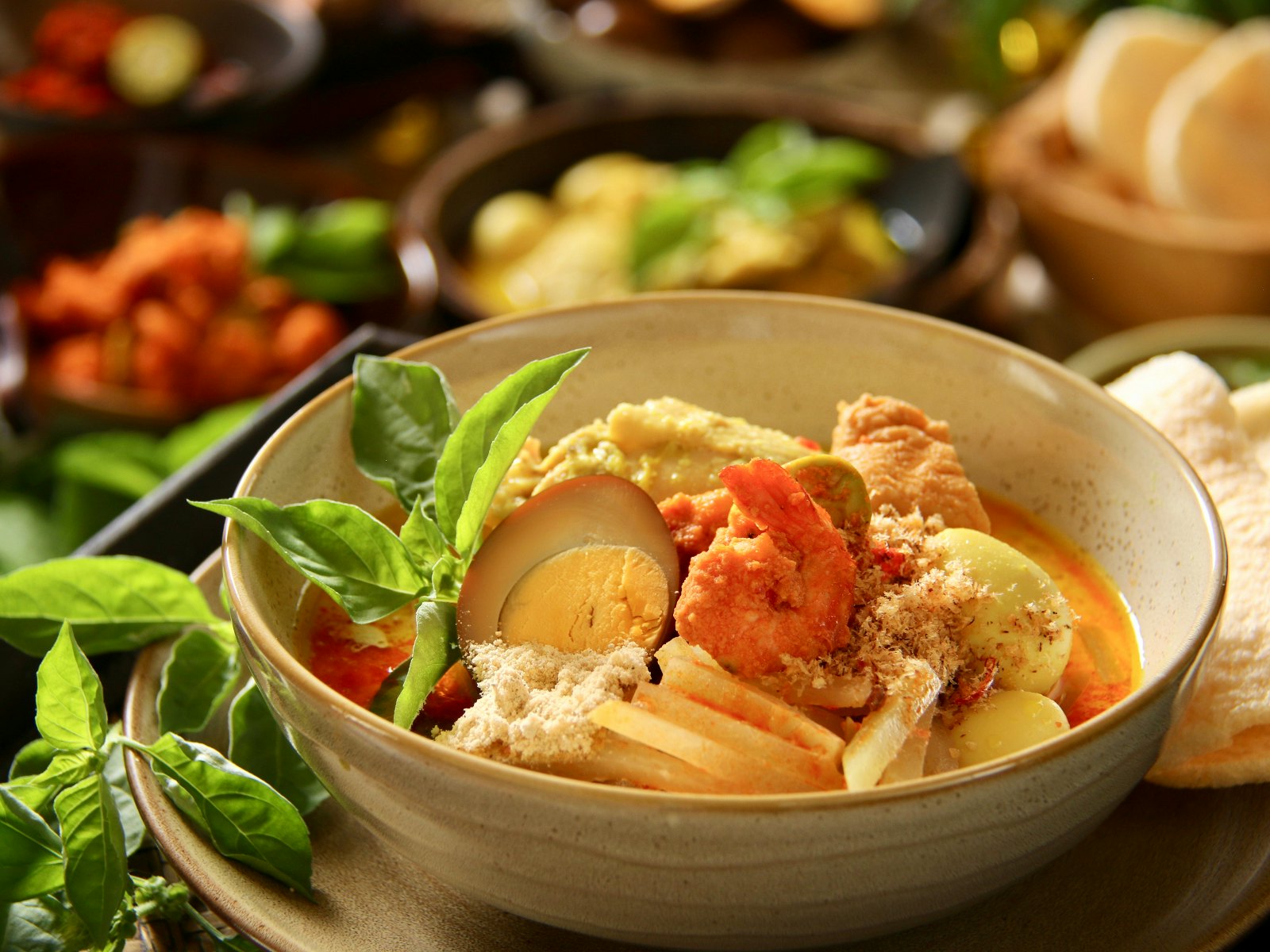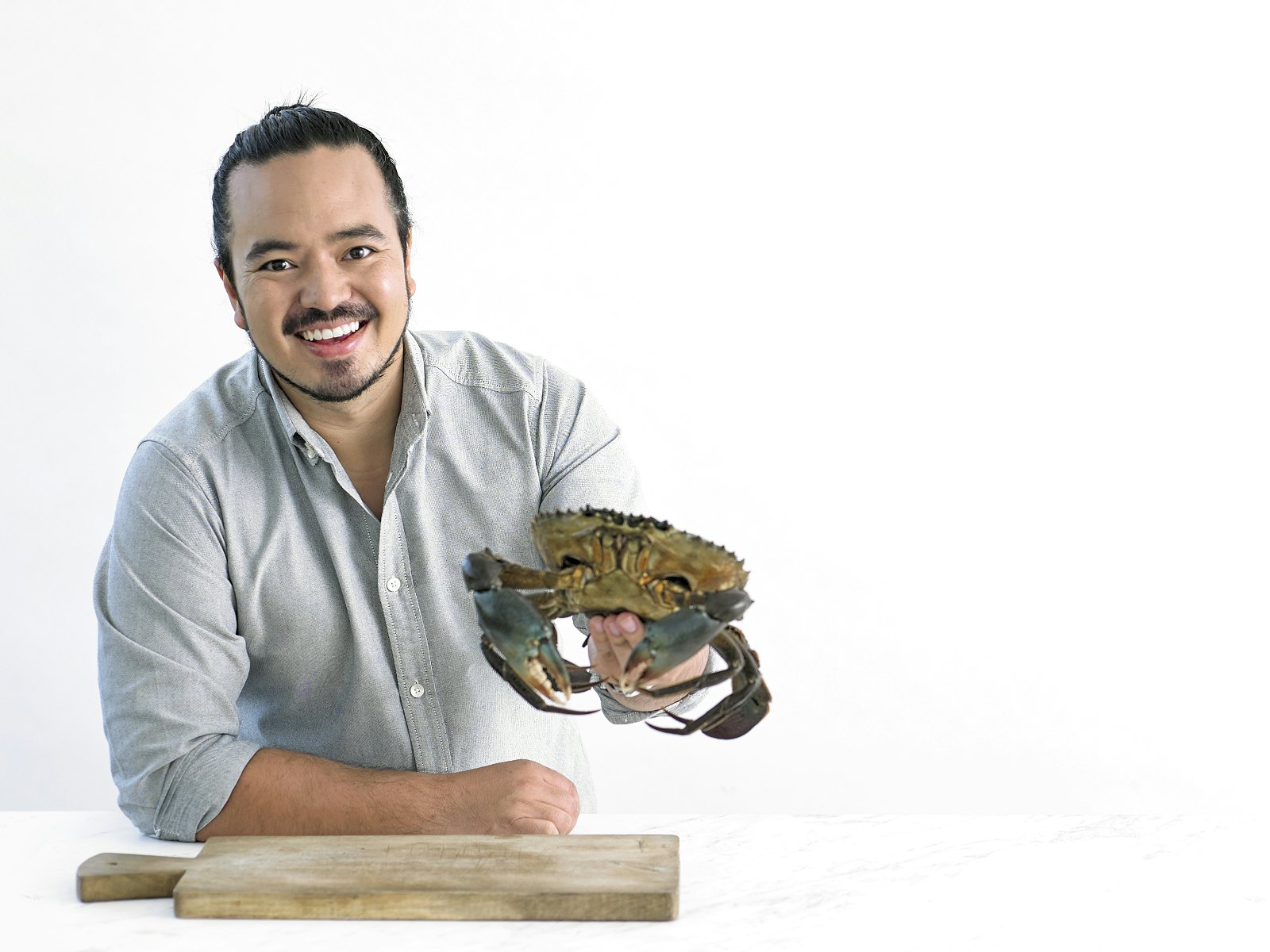
The 30 best countries, cities and regions to visit in 2025

In the early 2000s, you might typically have found Adam Liaw, head down, working through some legal documents. These days, however, you’ll find him travelling the world whipping up delicious dishes, starring in his own TV show, Destination Flavour, and penning myriad cookbooks.
As the son of a Malaysian-born Chinese father and a Singaporean-born English mother, and having lived in Japan, it’s no surprise that Asian cuisine is at the forefront of Adam’s repertoire, but at its foundation, his cooking style is based on healthy, hearty cuisine.
2010 was the year that set all of this in motion when former lawyer Adam was announced as one of 24 finalists on MasterChef Australia. He went on to win the show and his victory became one of the most watched non-sporting moments in Australian television history.

His win catapulted him into the spotlight, landing him accolades such as UNICEF Australia’s National Ambassador for Nutrition and Goodwill Ambassador of Japanese Cuisine (officially appointed by the Japanese government), but his message remains straightforward: to get everyone in the kitchen and make food easy, accessible and utterly delicious!
To celebrate the launch of our new book Ultimate Eatlist we caught up with Adam – who was instrumental in helping us rank the 500 featured experiences – to learn more about his foodie influences and ethos, why he thinks it’s important to go to the source and what food can reveal about people.
Lonely Planet: You went from a legal career to cooking. How did you get so into food?
Adam Liaw: I think people who love food often associate it with experiences – time spent with family, travelling, exploring. Like a lot of people, I first started to cook as a function of spending time with my mother and grandmother, learning the dishes they made.
LP: What are your foodie influences?
AL: I’m always influenced by the people around me. The people I cook for and the people who cook for me. Food is best as a shared experience.

LP: Does your diverse heritage play a part in your cooking?
AL: My heritage has played a big part in the way I approach food. When we were growing up we cooked Chinese, Malaysian, Singaporean, British and Australian food every night (sometimes on the same night). It taught me that there’s more than one way to look at food, and more than one way to eat it.
LP: What does food mean to you?
AL: Put simply, food is a connection to culture.
LP: You talk a lot about making simple, healthy, hearty food accessible for everyone. Tell us a bit more about this ethos…
AL: I believe learning to cook is the most important thing you can do. It will improve your life in every respect. You will eat better food, save time when preparing meals, save money, eat more healthily… the list is endless. I think people who say they can’t cook just haven’t been shown how easy it can be. There’s no connection between how good something tastes and how difficult it is to make.

LP: What would once have been local, niche cuisine is now available internationally. How do you think this changes the way we think about food?
AL: There’s so much we can learn from food. Every culture eats differently, but every global cuisine has evolved to make sense in terms of available ingredients, time management and personal dynamics. Take an ordinary tomato-based pasta, for example: a simple peasant dish from one country in Europe, combined with a fruit from South America, the tomato, and the result is a dish with thousands of variations that has fit seamlessly into the daily lives of people the world over. Imagine what food today would look like if that one niche dish hadn’t reached a global audience, and even then it’s a phenomenon that’s only about 600 years old. Somebody somewhere is already eating the next dish that will change the way the world eats.
LP: Do you think there's value in going to the source for food, ie going to Thailand for pad thai or Rio de Janeiro for feijoada?
AL: In the modern age you can get ingredients all over the world, and in our multicultural societies you can get the ingrained knowledge of how to cook a dish authentically. But a dish taken out of its cultural parameters is like an animal in a zoo – it’s real and authentic in every way, but it is only part of the story. To really experience how a dish reflects its culture, you need to experience it in its natural habitat.

LP: What do you think food tells us about people?
AL: Food – good and bad – tells us everything about people. How we manage our time, the climate we live in, the dynamics of family life, how we live, socialise and worship. In Malaysia and Singapore, for example, Peranakan food is a delicious, elegant cuisine defined by elaborate, time-consuming preparations and beautiful desserts. The cuisine and culture evolved from intermarried families of Chinese merchants and local Malays hundreds of years ago; and every dish tells the story of the wealth of merchant Peranakan communities, the strong family connections and the teams of servants that could be employed to prepare such time-consuming dishes. Food is our code for life.

LP: We use the term foodie a lot these days, what does that mean to you?
AL: Honestly, it’s not a term I like at all. It makes it sound like it’s about food for food’s sake. But food without the context – without the history of its creation, the connection to culture, the journey to find it, the people to make it, the company to share it with – is just a bunch of ingredients on a plate. Food is amazing, but it’s amazing because it gives us a language to express our humanity.
LP: What advice would you give to someone who wants to learn more about food and global cuisine?
AL: My best advice for someone wanting to learn more about food is to talk to people. People love to talk about the food they love because it’s a piece of their culture. I spend half my life travelling and the best conversations are always had over a good meal.
Discover more about Adam on his website adamliaw.com or follow his tweets @adamliaw.
Hungry for more edible inspiration? Tuck into our new book Ultimate Eatlist for 500 of the world’s top foodie experiences... ranked!